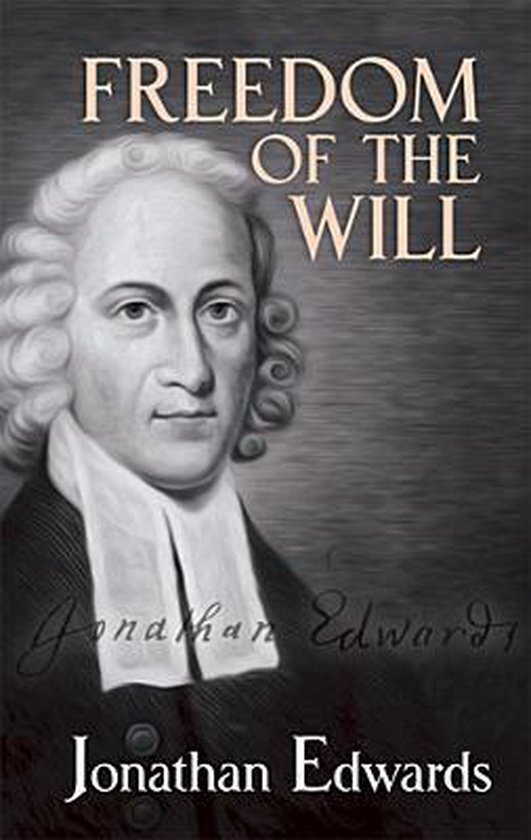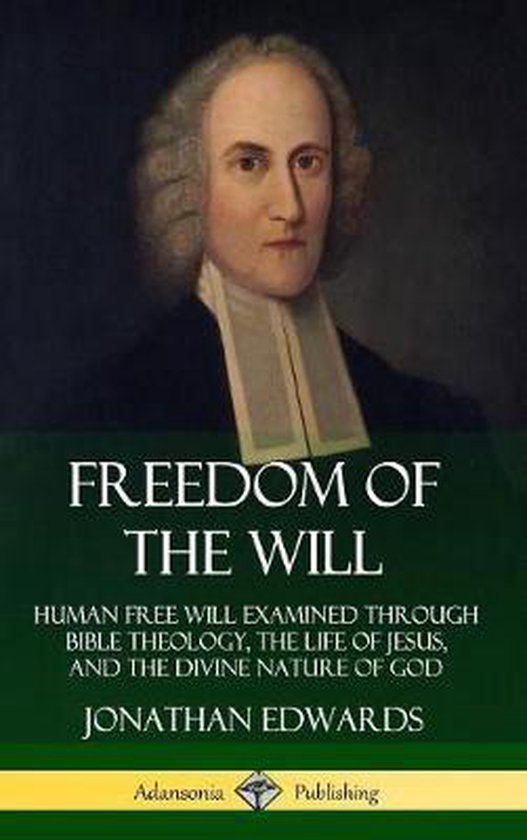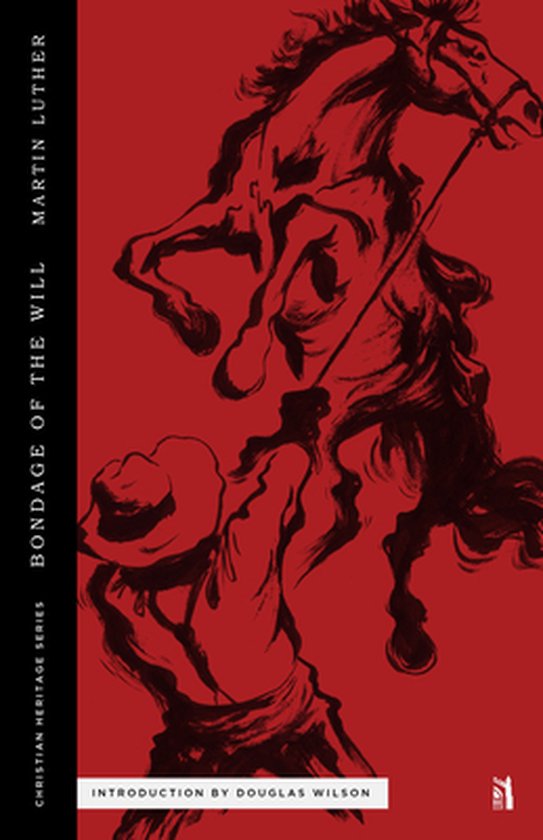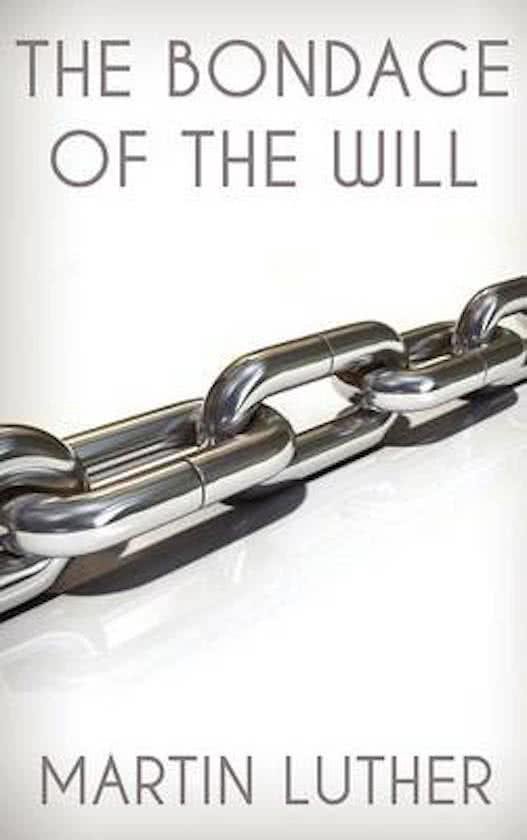
Freedom of the Will
One of America's preeminent philosophical theologians, Jonathan Edwards (1703&;58) was a central figure in New England's first Great Awakening. Famed for his stirring sermons, Edwards remains a significant influence on modern religion, and this in-depth analysis of Calvinist beliefs represents his most important contribution to Christian thought.
Romans 9:16 ("It is not of him that willeth") serves as the text for Edwards' examination of the nature and state of man's will. Written in 1754 while the author served as a missionary to Native Americans, this polemic raises timeless questions about desire, choice, good, and evil. Edwards contrasts the opposing Calvinist and Arminian views of free will and addresses issues related to God's foreknowledge, determinism, and moral agency. His copious quotations from scripture, along with citations from the works of Enlightenment thinkers, support a thought-provoking exploration of mankind's fallen state and the search for salvation.
Romans 9:16 ("It is not of him that willeth") serves as the text for Edwards' examination of the nature and state of man's will. Written in 1754 while the author served as a missionary to Native Americans, this polemic raises timeless questions about desire, choice, good, and evil. Edwards contrasts the opposing Calvinist and Arminian views of free will and addresses issues related to God's foreknowledge, determinism, and moral agency. His copious quotations from scripture, along with citations from the works of Enlightenment thinkers, support a thought-provoking exploration of mankind's fallen state and the search for salvation.
| Auteur | | Jonathan Edwards |
| Taal | | Engels |
| Type | | Paperback |
| Categorie | | Religie, Spiritualiteit & Filosofie |



